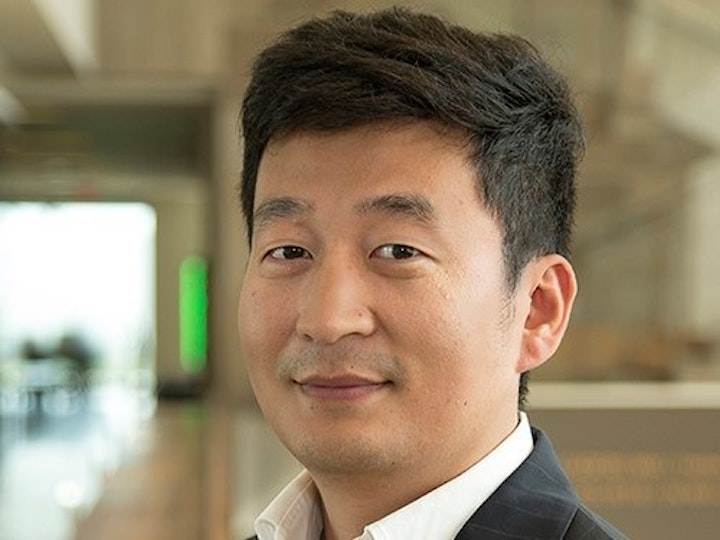Arthur Li shortlisted for best paper finalist
Newly appointed Henley lecturer, Arthur Li, has been shortlisted for best paper finalist in International Management Division at the 2021 Academy of Management Annual Meeting.

Arthur Li, Henley's new International Business and Strategy lecturer, has been shortlisted for best paper finalist in International Management Division at the 2021 Academy of Management Annual Meeting along with his co-authors Professor Paul Beamish and Andreas Schotter (Ivey Business School, Western University).
The paper titled "General Manager Successors in local- market seeking subsidiaries of MNEs: A multiple case analysis” aimed to address how decision makers of multinational enterprises (MNEs) appoint general manager (GM) successors in their local-market-seeking foreign subsidiaries. Extant literature suggests that to better address host country business practices and cultures that may contrast markedly with those of the home country, it is sensible to deploy a host-country national (HCN) subsidiary GM.
Based on interviews with over 40 MNE managers, however, the authors found that using HCN GM successors is not always the best strategy. For HCN GM successors promoted from within the subsidiary, ex-post opportunism is likely to arise, resulting in unsatisfactory subsidiary performance. Appointing HCN GMs from outside the subsidiary may limit ex post opportunism, but it may entail divided engagement. Appointing parent-country national (PCN) subsidiary GMs, on the other hand, may lead to over-reliance on existing practices. This qualitative inquiry corroborates the value of bounded reliability as a standard micro-foundation in international management research and reveals several managerial safeguards that can reduce bounded reliability.
You can find out more about the Academy of Management here.
You might also like
PhD student presents paper at Emerging Market Institute Conference
British Council funds Kazakh-British Technical University visit to Henley Business School
Graduate Spotlight: Robin Didier
This site uses cookies to improve your user experience. By using this site you agree to these cookies being set. You can read more about what cookies we use here. If you do not wish to accept cookies from this site please either disable cookies or refrain from using the site.